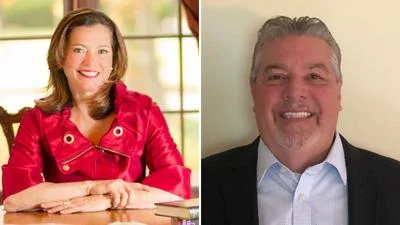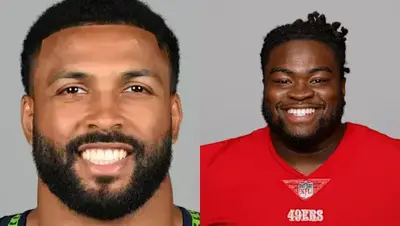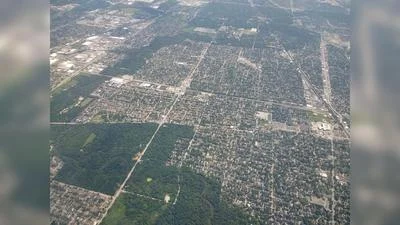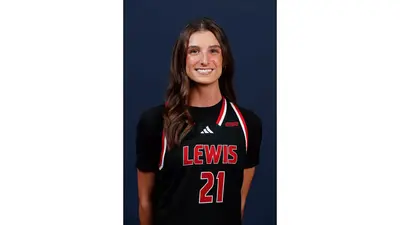Radhika Sharma-Gordon, of Apna Ghar, joined Chanda Taing, of the Cambodia Association of Illinois, to testify against proposed maps. | Facebook/Apna Ghar, Inc. (Our Home)
Radhika Sharma-Gordon, of Apna Ghar, joined Chanda Taing, of the Cambodia Association of Illinois, to testify against proposed maps. | Facebook/Apna Ghar, Inc. (Our Home)
Apna Ghar manager of outreach and education Radhika Sharma-Gordon wants to see judicial subcircuits operate the way she believes they were intended to.
“Judicial subcircuits were established to ensure representation for smaller communities,” Sharma-Gordon said during a Dec. 16 House and Senate Joint Redistricting Committee hearing focused on the subcircuit maps for Cook County. “This has helped to diversify the bench and we hope to continue to build on that diversity. Apna Ghar’s clients and many of our partner agencies that help to support survivors of crime and civil rights violations are located significantly in 50th and 39th Wards, as well as in Niles Township, therefore we need to ensure that our constituencies stay strong and strongly represented in this judicial subcircuit.”
The Senate and House Redistricting Committees recently released a proposed map of new Cook County Judicial Subcircuit boundaries with the proposal calling for the number of subcircuits to rise from 15 to 20 largely on the strength of population growth across the Chicagoland area. The change is designed to reflect shifts in populations experienced since the turn of the millennium.
Sharma-Gordon argues the increase alone is not enough.
“These communities should be respected as a unique community of interest,” she said. “We oppose the current boundaries and we request efforts be made to amend this map and that consideration be taken of Niles Township, Asian-Americans and the Jewish community.”
Sharma-Gordon said the human rights organization is dedicated to ending gender violence.
“Apna Ghar was established 31 years ago to address the multiple and complex needs of immigrant, refugee and other marginalized survivors of gender-based violence,” she said. “We’re very aware of the need for jurists who have strong connections to and understanding of immigrant and refugee experiences. We need judges committed to addressing the multiple language injustices that many English language learners face in seeking justice and legal remedies when they experience crimes and civil rights violations.”






 Alerts Sign-up
Alerts Sign-up